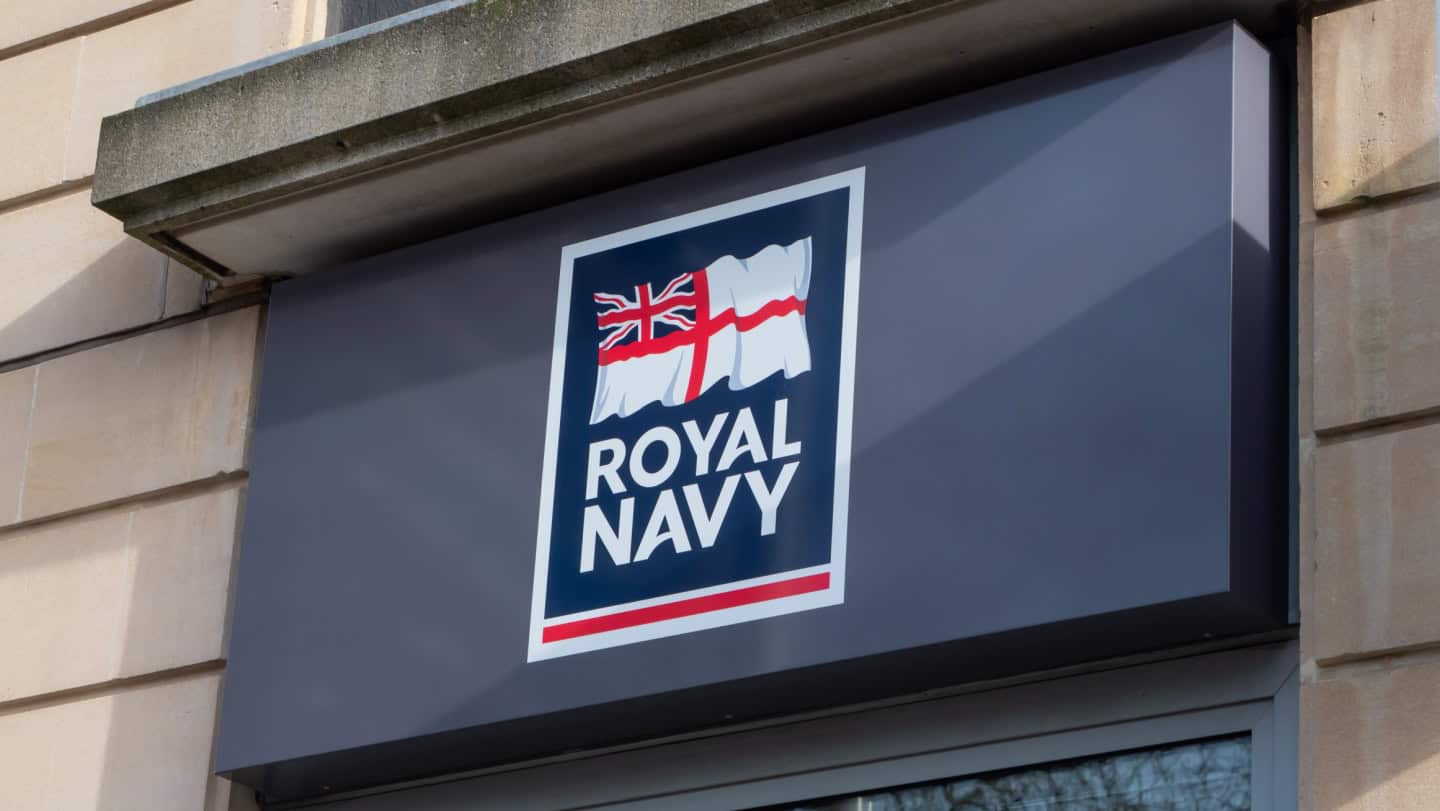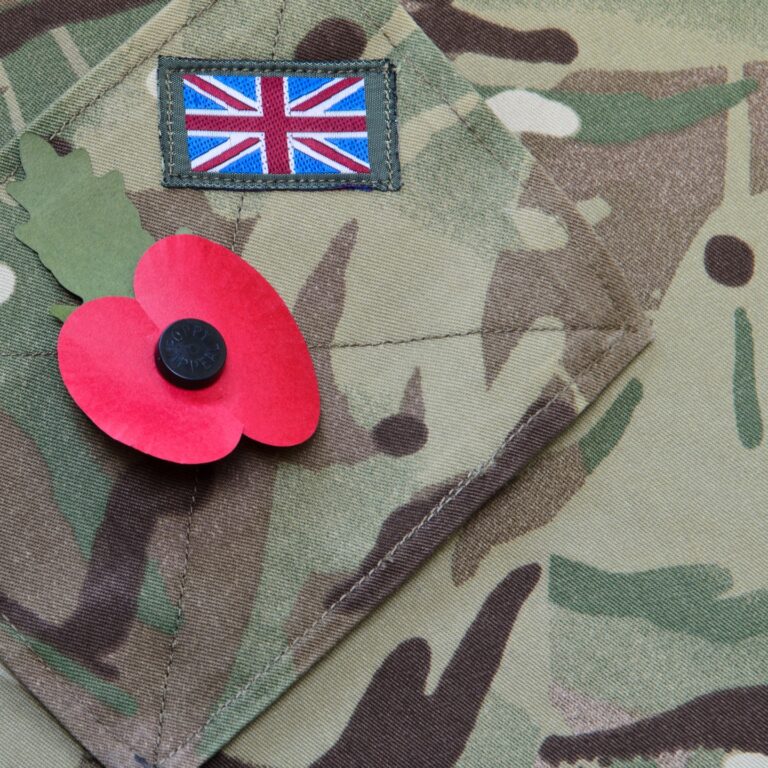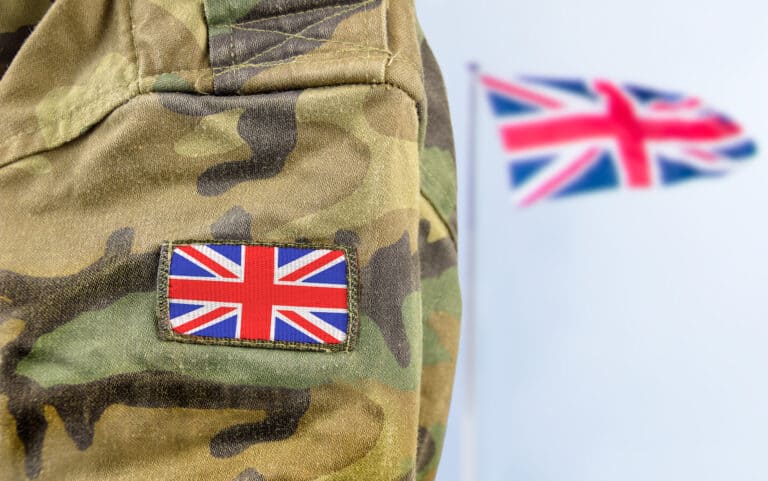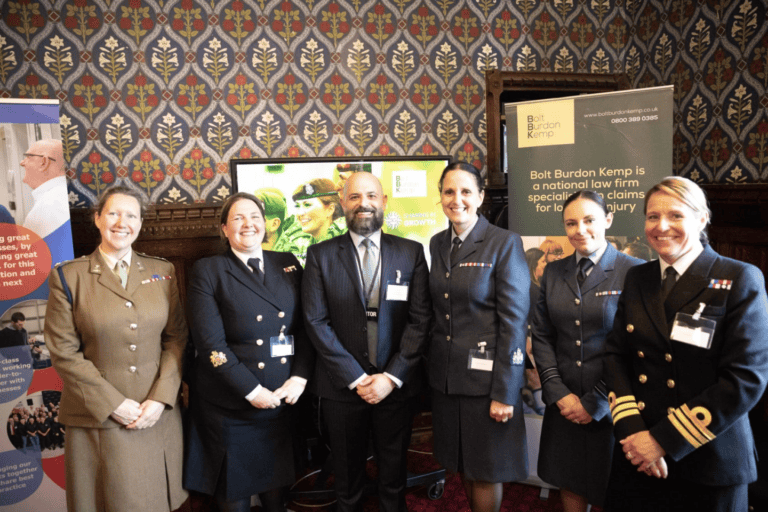
‘I took part in completely inappropriate mental health training in the Armed Forces’
I have many experiences from my 19-year service in the Royal Navy; some helped shape the life I have today and some still leave me questioning the appropriateness.
In 2011, serving onboard a ‘pussers grey’ (slang for Royal Navy ship) I was sat waiting for the Thursday War to start. Thursdays were war training days. The ship would be subjected to a planned scenario to prepare the ship and her crew for all eventualities.
When the general alarm calling us to action sounded, a member of the training team handed me a piece of paper, telling me to get changed and await my helicopter. I was to act that I was in a mental health crisis.
There was no time to ask questions and no time for research; the ship was going to Action Stations. Off I went. Changed into civvies and took some snacks and a drink to the upper deck.
I set about putting my towel down and sat enjoying my crisps and a can of Pepsi whilst I waited for the helicopter I ‘called’ to collect me. Shipmates questioned what I was doing, others waved, some laughed. I remember telling them “I’ve had enough of this sh**, I’m going home”.
The first aid and medical team tried to support me and convince me to go inside the ship. I had received no training and no direction. I played naughty. I gained access to the bridge and wanted to turn the ship around and drive us home.
Was this appropriate? What did I know about acting? What did I know about mental health? I had zero experience in this field, no warning that would have allowed me to research the task or think about what I was doing.
I always look back and think this was completely inappropriate.
Playing a casualty with cuts and bruises, fine. Playing a casualty with a broken bone, fine. All things we can see and have probably experienced. But becoming a character who is in mental health crisis, not fine. This takes skill, research and a careful approach. It is far too easy to get it wrong. There is lots I got wrong that day.
Actors in TV and film spend months researching roles like this, working alongside mental health charities to understand what happens and how best to portray something so important. I had a few seconds.
Would I do it again? Not without suitable and adequate training. Since then, I’ve learnt a lot about mental health and nothing I did that day during the exercise bore any resemblance of anything I’ve learnt or seen since.
When the medical team had had enough of me, I was told to stop. If only real life was as easy as that.
I appreciate our armed forces need training scenarios to prepare them, but let’s get it right and not simply hope for the best.
For anyone wishing to seek help with their mental health, please contact your GP or medical centre. Other organisations including Samaritans, Op Courage and Andy’s Man Club, may also be of help.










